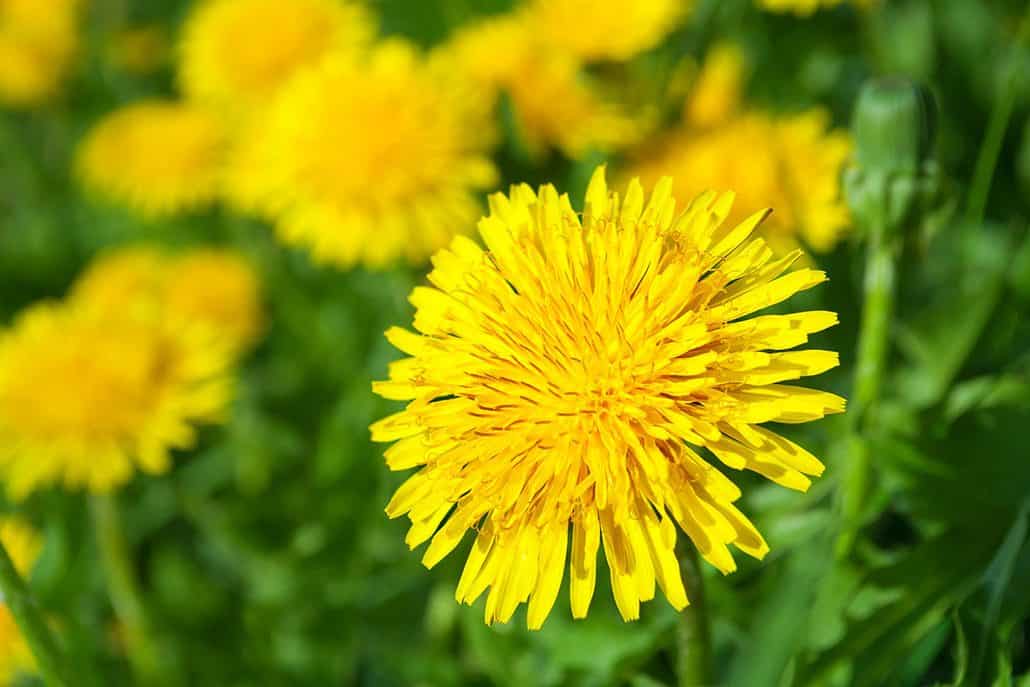(单词翻译:单击)
The intention originally was to use the binomial system for everything — rocks, minerals, diseases, winds, whatever existed in nature. Not everyone embraced the system warmly. Many were disturbed by its tendency toward indelicacy, which was slightly ironic as before Linnaeus the common names of many plants and animals had been heartily vulgar. The dandelion was long popularly known as the "pissabed" because of its supposed diuretic properties, and other names in everyday use included mare's fart, naked ladies, twitch-ballock, hound's piss, open arse, and bum-towel. One or two of these earthy appellations may unwittingly survive in English yet. The "maidenhair" in maidenhair moss, for instance, does not refer to the hair on the maiden's head. At all events, it had long been felt that the natural sciences would be appreciably dignified by a dose of classical renaming, so there was a certain dismay in discovering that the self-appointed Prince of Botany had sprinkled his texts with such designations as Cliforia, Fornicata, and Fulva.
他本打算把双名体系用于自然界中的一切,如岩石、矿物质、疾病、风等等。然而,不是人人都热情地赞成那种体系。许多人为这个体系往往比较粗俗而感到不安。这有点儿讽刺意味,因为在林奈之前,许多植物和动物的俗名也是很低级的。蒲公英被认为具有利尿作用,因此在很长时间里被从们称做“尿壶”。别的常用的名称包括母马之屁、裸体小姐、抽动的睾丸、猎狗之尿、光屁股和大便巾。一两个这类粗俗的名称也许在无意中还保留在英语里。比如,少女之发苔藓(即铁线苔藓)中的“少女之发”并不是指少女头上的头发。总之,长期以来人们觉得,自然科学里有的名称应当以传统的方式来重新命名,使之更加严肃。因此,当他们发现那位自封的植物王子竟然在他的作品里不时插入阴蒂属、性交属和外阴属这类名称,大家不免觉得有点儿不快。
Over the years many of these were quietly dropped (though not all: the common slipper limpet still answers on formal occasions to Crepidula fornicata) and many other refinements introduced as the needs of the natural sciences grew more specialized. In particular the system was bolstered by the gradual introduction of additional hierarchies.
在随后的年月里,许多这类名称渐渐地被弃之不用(虽然不是全部:普通的笠贝在正式场合仍被称做性交履螺属),为了满足自然科学越来越专门化的需要,又引入了许多别的高雅名称。尤其是,那个体系又渐渐采纳了一批等级名称作为基本架构。


